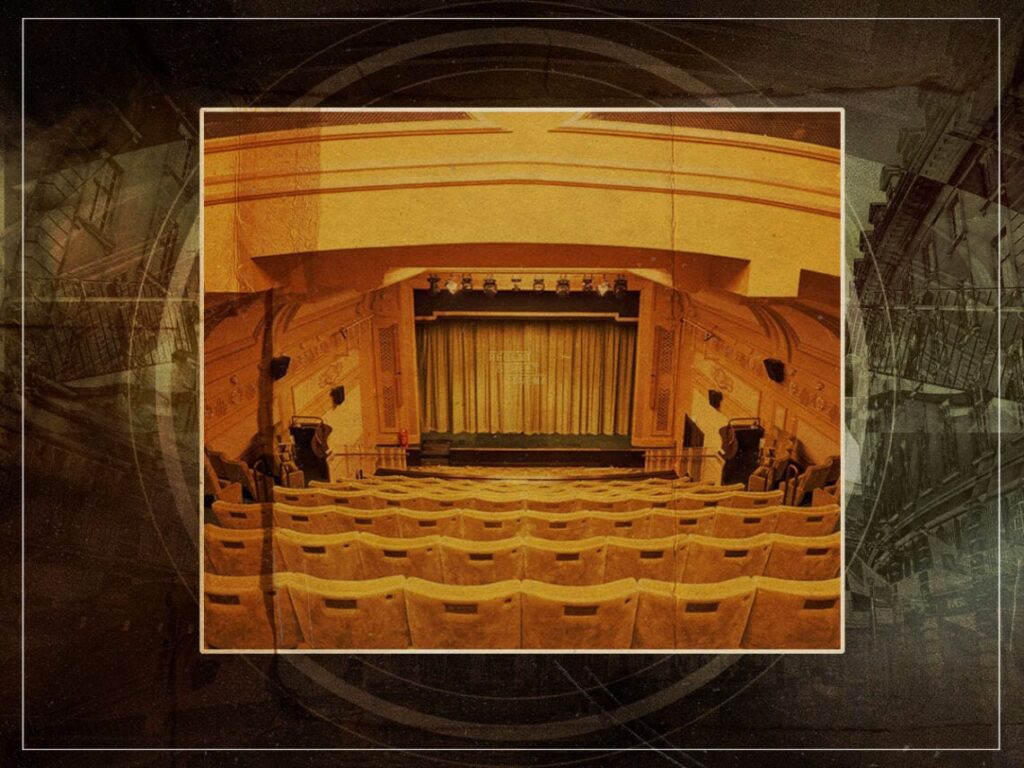Regent Street: the UK’s oldest theatre and the birthplace of British cinema
 Posted On
Posted On
(Credits: Far Out / Regent Street Cinema)
As a medium constantly caught in the throes of technological innovation, there aren’t many theatres left in the world to possess as much historical significance in cinema as London’s Regent Street.
Of course, it wasn’t built specifically to cater to the moving image, as it didn’t exist yet, but the venue quickly became synonymous with celluloid’s constant leaps and bounds. First opening its doors in 1848 and playing host to numerous stage productions, it would be almost half a century before its maiden engagement in cinema.
However, when that monumental occasion rolled around, it came under history-making circumstances. In February 1896, the Regent played host to a screening of a short film created by Auguste and Louis Lumière, making it the destination for the first-ever motion picture shown in the United Kingdom.
Another half-century after that, the Regent would make history yet again with a showing of director Nicole Védrès’ La Vie Commence Demain, giving it the distinction of screening the first X-rated picture to ever be screened in Britain.
Before the days of cinema, the building was used for teaching and lectures before it began playing host to propaganda films before and during the First World War. Once the conflict had ended, the Regent began evolving into a feature-first space, rented out for the purpose of “high-class cinematograph entertainment,” according to the University of Westminster.
Fictional flicks weren’t the order of the day, though, with anyone who signed a lease required to “exhibit films mainly of an educational and cultural type” that adhered to the principles and practices of the educational establishment, which was then known as the Royal Polytechnic Institution.
By 1939, a shift into international cinema was fully underway, with Christian-Jaques’ Les Disparus de St Agil the first foreign-language film shown in the Regent. During World War II, it was used primarily as a news theatre before 1949 when the owners took out a notice proclaiming it to be “a shop window for continental films of recognised merit.”
The Regent was closed to the public in 1980 to operate predominantly as a lecture hall, but thanks to support from the university and plenty of fundraising efforts, the building was refurbished and restored, and the cinema was reopened to the masses in 2015. A team of film experts currently curates an eclectic selection of titles to be shown to a discerning audience, continuing an association that began over 120 years ago.
Birmingham’s Electric Cinema may have been the oldest purpose-built auditorium in the UK after opening in 1909 before permanently closing its doors to much dismay in early 2024, but the Regent has been showing films for over a decade longer. It hasn’t always been used to that end, but that early appearance by the Lumière brothers is just one of the reasons why it fully earned its reputation as the birthplace of cinema in the country.
[embedded content]
Related Topics


